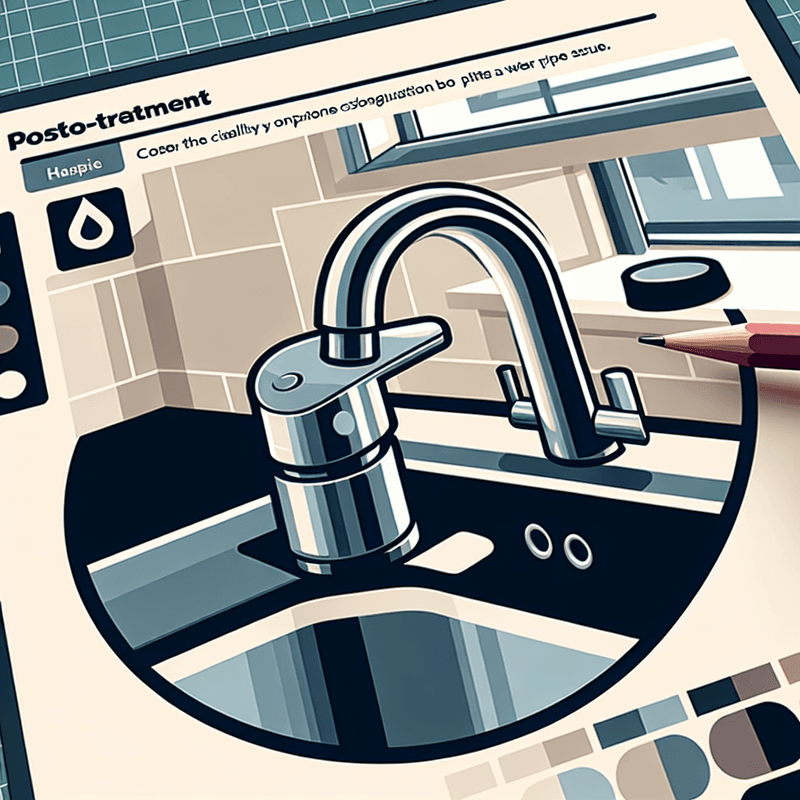When a drain blocks, it can turn from a minor nuisance to a major problem in the blink of an eye, disrupting daily routines and creating an unpleasant environment. This post delves into the common causes behind persistent drain blockages, delivers actionable advice on tackling them, and offers insight on when it’s time to call in a local drainage engineer.
What is a Persistent Drain Blockage?
A drain blockage can often be cleared with a plunger or a chemical cleaner, but when these quick fixes fail to resolve the issue, you may be dealing with a persistent blockage. Such blockages often indicate deeper, more complex problems within your drainage system that aren’t so easily dislodged.
Recognising the Signs of a Blockage
Identifying a blockage early can save a lot of hassle later on. Signs include water draining slowly from sinks, baths, or showers, unpleasant odours emanating from drains, and strange noises, like gurgling, coming from the pipework. These symptoms suggest an impediment somewhere in your drainage system that’s preventing water from flowing freely.
Common Causes of Drain Blockages
1. Accumulated Grease and Fat: Often a result of washing down kitchen oils and fats which solidify in pipes.
2. Hair Build-Up: Common in bathroom drains, binding with grease and other sticky substances.
3. Foreign Objects: Items that shouldn’t be flushed or washed down drains, including wet wipes, sanitary products, and even small toys.
4. Toilet Paper Build-Up: Excessive use of toilet paper can lead to clogs, particularly in older or narrower pipes.
5. Tree Root Infiltration: Roots seeking moisture can crack or invade pipes, leading to severe blockages and damage.
How to Tackle a Persistent Drain Blockage
Dealing with a stubborn blockage safely involves a few prudent steps:
- Use of a Plumbing Snake or Auger: This tool can physically break up the blockage or pull it out. Insert the snake into the drain and turn it until you feel resistance, then push and twist to try to clear the blockage.
- Enzymatic Drain Cleaners: Opt for enzymatic cleaners over chemical ones, as they are less harmful to the environment and your pipes. These use natural bacteria to eat away at the blockage.
- Plunging: A tried and tested method, use a plunger over the drain, ensuring a good seal, and pump vigorously to help dislodge the blockage.
When to Call a Professional Drainage Engineer
If your own attempts fail to clear the blockage, or if the problem recurs frequently, it's time to call in the professionals. Here’s why:
- Advanced Diagnostic Tools: Drainage engineers use CCTV drain surveys to visually inspect the inside of pipes and identify the exact location and nature of the blockage.
- High-Pressure Water Jetting: A method used by professionals to clear blockages and clean the insides of the drains without damaging the pipes.
- Expertise in Repairs: If the blockage is due to pipe damage, like cracks or collapses, a drainage engineer can perform the necessary repairs or replacements.
Preventive Measures for Long-Term Maintenance
Ensuring your drains remain clear requires routine maintenance and some preventive habits:
- Dispose of Waste Properly: Never pour fats, oils, or non-biodegradable products down drains. Use compost bins for food waste where possible.
- Regular Cleaning: Clean drain stoppers regularly and consider using drain strainers to catch hair and other debris.
- Watch What You Flush: Only human waste and toilet paper should be flushed. Even products labelled as flushable can cause blockages.
- Schedule Regular Checks: Consider an annual professional inspection of your property’s drainage system to identify and address any incipient issues.
Conclusion
By understanding what causes drain blockages and how to effectively deal with them, you can maintain a functional, hygienic home. Simple maintenance and mindfulness about what goes down your drains go a long way in preventing blockages. However, when faced with persistent issues, consulting a professional drainage engineer is not only wise but necessary. Keep your home’s plumbing in prime condition by staying informed and prepared to take action. If you’ve tried all the feasible DIY fixes without success, it might be time to contact a local drainage expert to resolve your drain blockage issues comprehensively.





